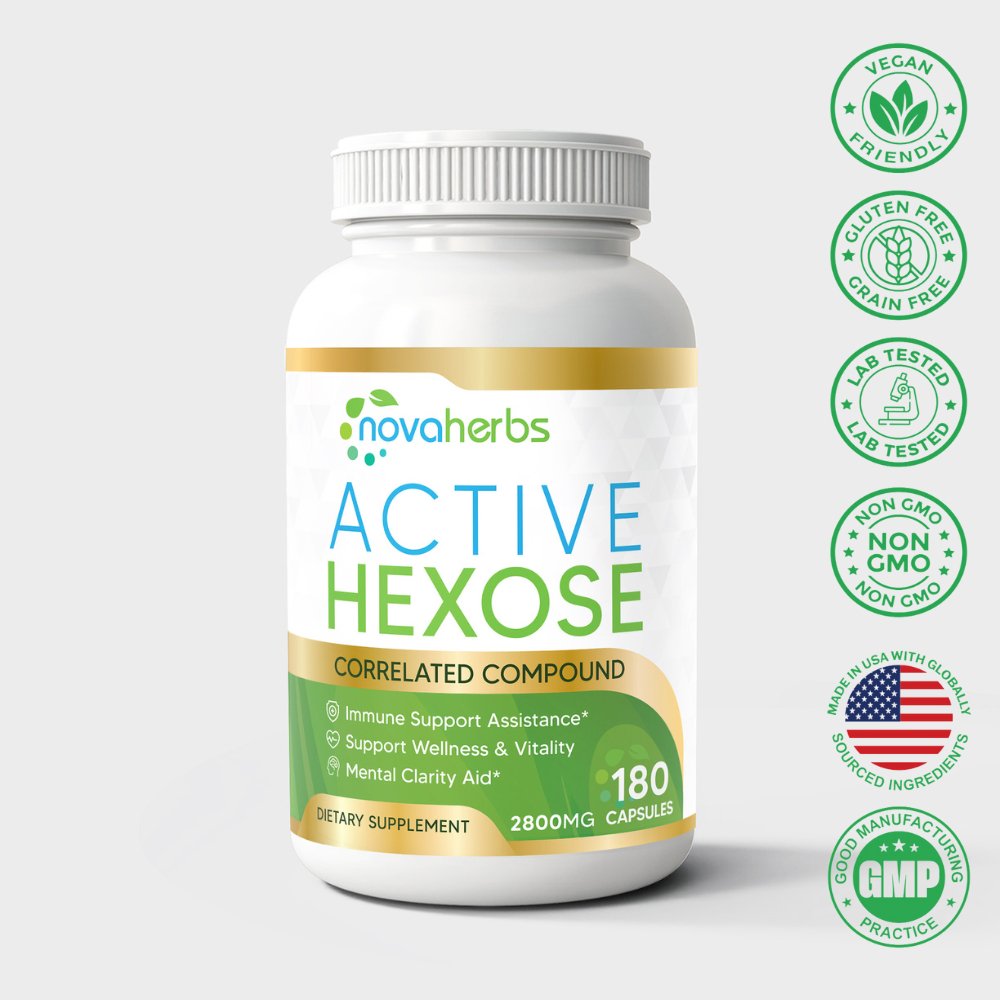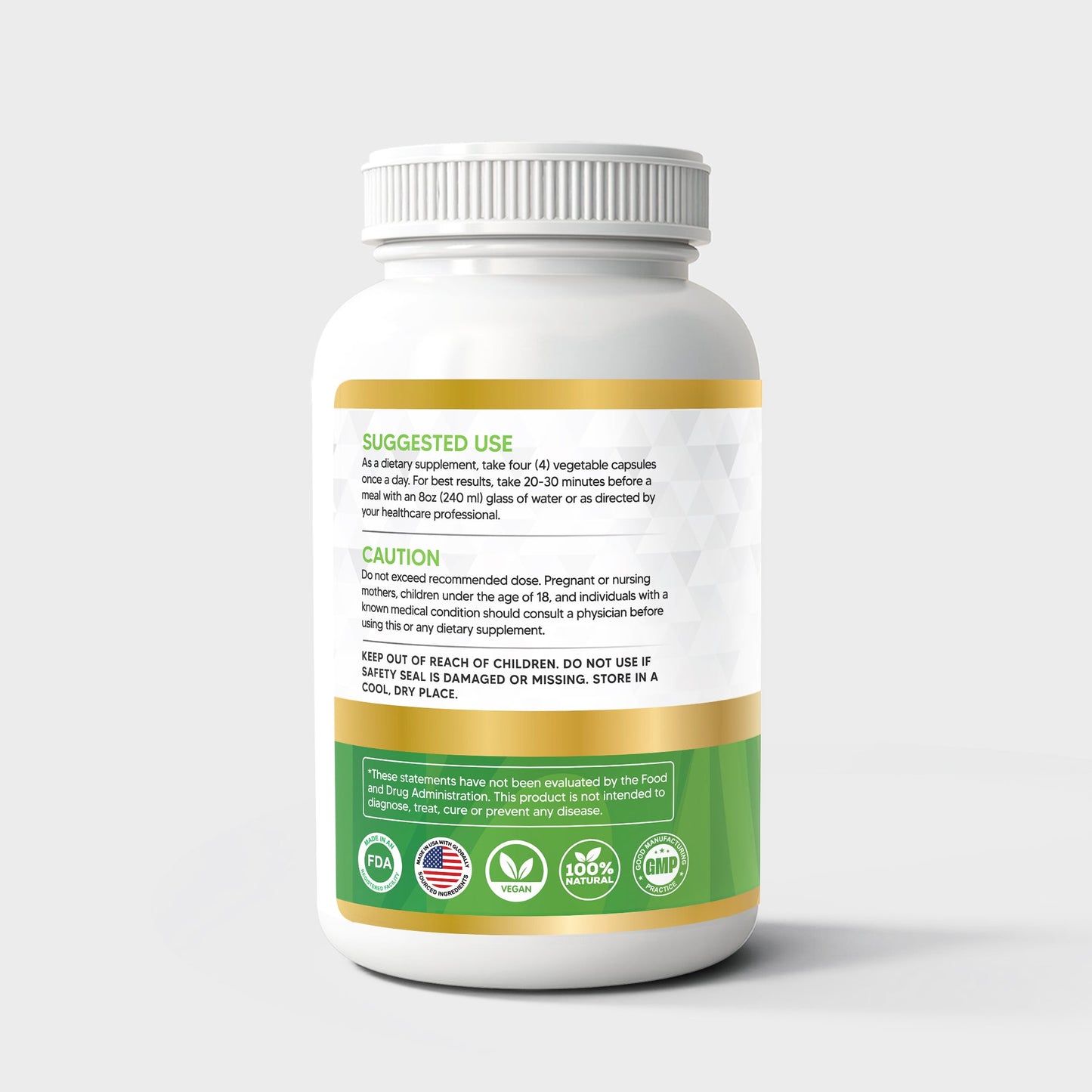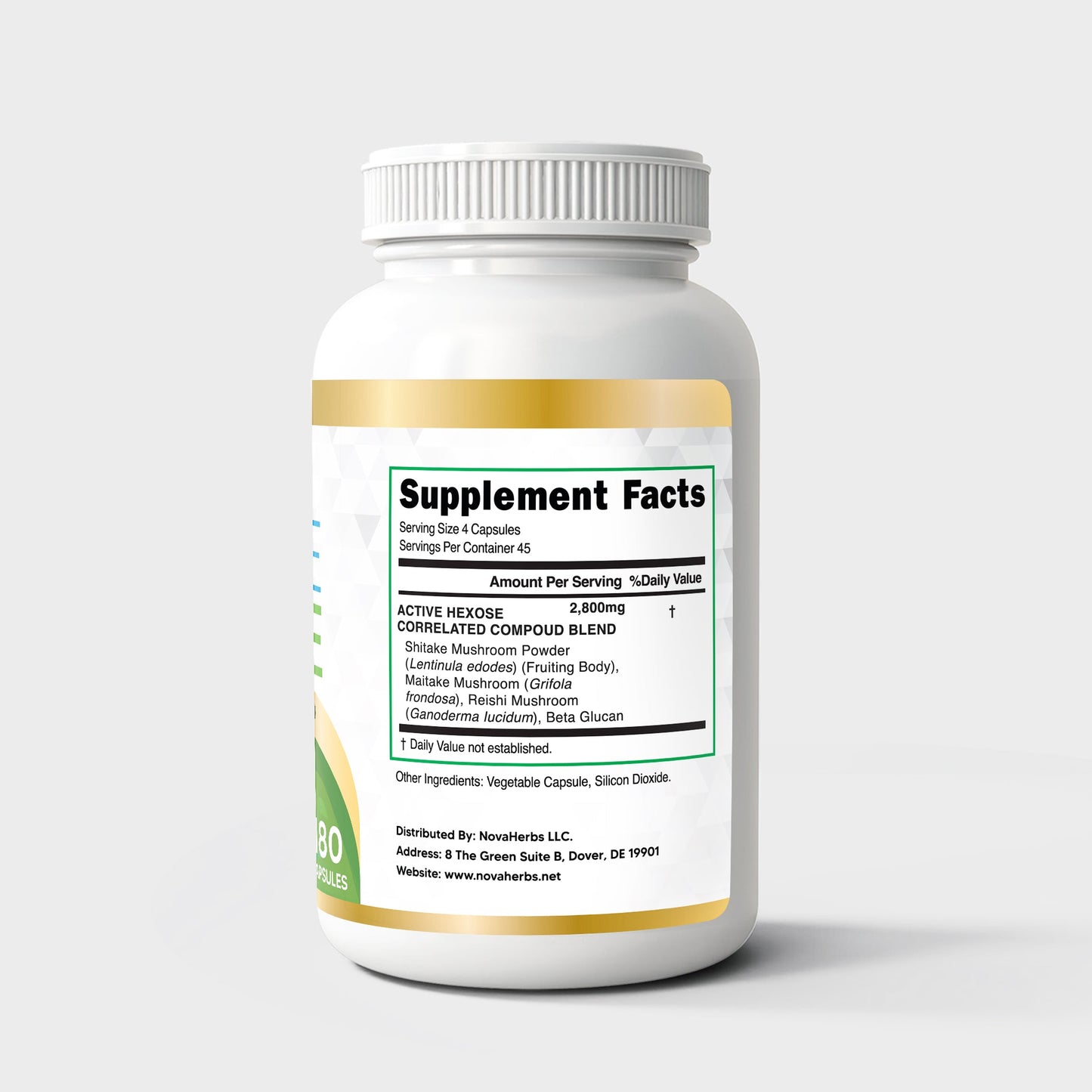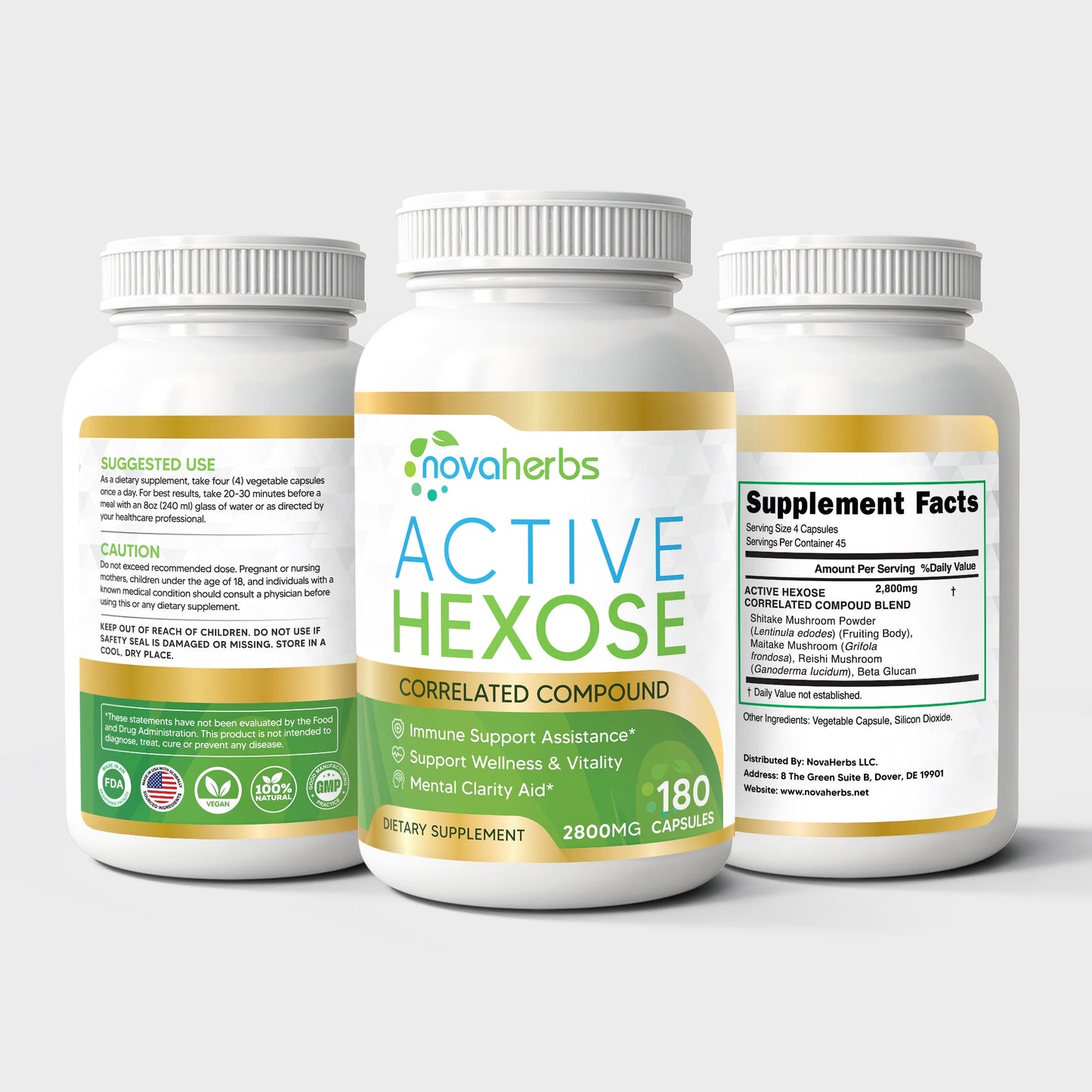Some threats don’t scream. They whisper.
Human Papillomavirus (HPV) doesn’t kick down the door with dramatic symptoms. It doesn’t leave you coughing blood or crying in pain — not at first. Instead, it enters quietly, unnoticed. It hides in your body. Months pass. Sometimes years. And then, when it finally shows itself, it may already be too late.
This is not an exaggeration. It’s a warning.
HPV is the most common sexually transmitted infection on Earth. Yet the vast majority of people carrying it don’t even know they’re infected. Why? Because in the early stages, there’s nothing to feel. No alarm. No obvious changes. And so we ignore it — until the damage is irreversible.
If you’ve tested positive for HPV or suspect you might have it, this is your wake-up call. The time to act is now.
1. HPV Isn’t Harmless. It’s a Leading Cause of Cancer.
Most people believe HPV is a minor issue — something that goes away on its own. That’s partially true. In about 90% of cases, the immune system does clear the virus within 2 years.
But that remaining 10%? That’s where the nightmare begins.
There are over 200 types of HPV, and at least 14 of them are classified as high-risk. These strains don’t cause temporary symptoms — they lay the groundwork for deadly cancers.
Here’s the terrifying truth:
-
Cervical cancer: Nearly 604,000 new cases and over 340,000 deaths each year worldwide. 99% of cases are caused by HPV.
-
Oropharyngeal (throat) cancer: Over 54,000 cases annually in the U.S. alone. More than 70% of these are linked to HPV.
-
Anal cancer: Around 50,000 cases per year globally, with 91% attributed to HPV.
-
Penile cancer: A rare but deadly disease. 60% of cases are caused by HPV infection.
-
Vulvar cancer: Over 40% of cases are due to HPV, most frequently high-risk types 16 and 18.
-
Vaginal cancer: About 75% of cases are HPV-related.
HPV doesn’t just give you “genital warts.” It kills — slowly, quietly, and often without warning.
2. You Won’t Know Until It’s Too Late
That’s what makes HPV so dangerous: there are no early symptoms.
You can feel healthy, have a clear mind, a busy life, and still be carrying a ticking time bomb. Many HPV-related cancers develop with no noticeable signs until the disease is already advanced.
Women often find out during a Pap test. Men usually don’t find out at all — until a tumor forms or a partner is diagnosed.
And when symptoms do appear, they’re often misinterpreted or ignored: abnormal bleeding, discomfort, or swelling. By then, the virus may have already created pre-cancerous or cancerous lesions.
3. HPV Can Rob You of Fertility — and Motherhood
For women, one of the cruelest impacts of untreated HPV is on reproductive health.
Persistent infections can cause abnormal cervical cells, which may need to be removed surgically. These procedures — though often lifesaving — can weaken the cervix, increase the risk of miscarriage, or cause early labor.
In some cases, the emotional toll is just as devastating as the physical.
Imagine finally being ready for motherhood… only to learn it might not be possible. Not because of age, or timing — but because of an infection that could have been managed earlier.
4. It’s Not Just About You — It’s About Your Partner Too
HPV is not a solo disease. You can pass it on even if you don’t have symptoms.
You may feel fine — but your partner could develop:
-
Cervical or vaginal cancer (for women),
-
Penile or anal cancer (for men),
-
Or throat cancer through oral contact.
This isn’t about blame. It’s about responsibility. If you’re sexually active — especially without protection — ignoring HPV means risking someone else’s life too.
Being proactive isn’t just protecting yourself — it’s protecting the people you care about most.
5. But Here’s the Good News: You Can Fight Back
There’s no vaccine or drug that “cures” HPV once you’ve caught it. But your body has a natural defense: your immune system.
And if you give it the right support — through science-backed protocols — you can clear HPV.
One of the most promising tools?
👉 AHCC (Active Hexose Correlated Compound) — a powerful mushroom extract studied for its immune-boosting effects.
In clinical trials, AHCC has shown the potential to help:
-
Clear persistent high-risk HPV infections, especially in women.
-
Strengthen T-cell and NK cell response, essential for viral clearance.
-
Support overall immune system modulation, giving your body a better shot at fighting off the virus naturally.
Thousands of women (and men) have turned to AHCC alongside regular monitoring, clean lifestyle changes, and targeted nutrition — and many are reporting negative HPV tests within months.
6. Waiting Is the Most Dangerous Thing You Can Do
You wouldn’t ignore cancer if it knocked on your door. So why ignore HPV — when it’s the one ringing the bell?
-
If you’ve had abnormal Pap results — follow up.
-
If you’ve tested positive for HPV — take action now.
-
If you suspect something is off — trust your instincts.
Denial is easy. Cancer is not.
Final Words: The Cost of Silence Is Too High
Let’s be clear: HPV is not your fault. It’s not dirty, and it’s not a life sentence.
But it is your responsibility — now that you know.
This isn’t just a health article. It’s a line in the sand.
You can ignore HPV, and hope it goes away.
Or you can face it, fight it, and reclaim your future.
The choice — and the consequences — are yours.







